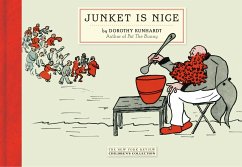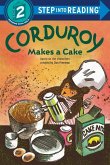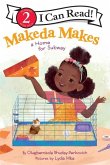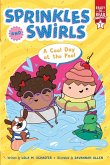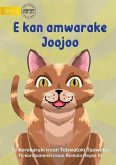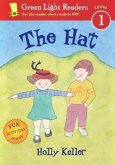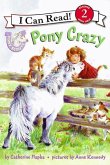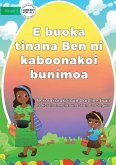WHAT IS JUNKET? Junket is a delicious custard and a lovely dessert. But why is the old man with a red beard and red slippers eating such an enormous bowl of junket, and what could he possibly be thinking about while he feasts? That's a good question! And one that the old man poses to the crowds and crowds of people that gather to watch him. In fact, almost everyone in the whole world wants to know the answer to this riddle. And only one little boy has the answer. This ingenious book of inspired nonsense was the very first from Dorothy Kunhardt, whose Pat the Bunny has delighted generations of young children.
Hinweis: Dieser Artikel kann nur an eine deutsche Lieferadresse ausgeliefert werden.
Hinweis: Dieser Artikel kann nur an eine deutsche Lieferadresse ausgeliefert werden.

